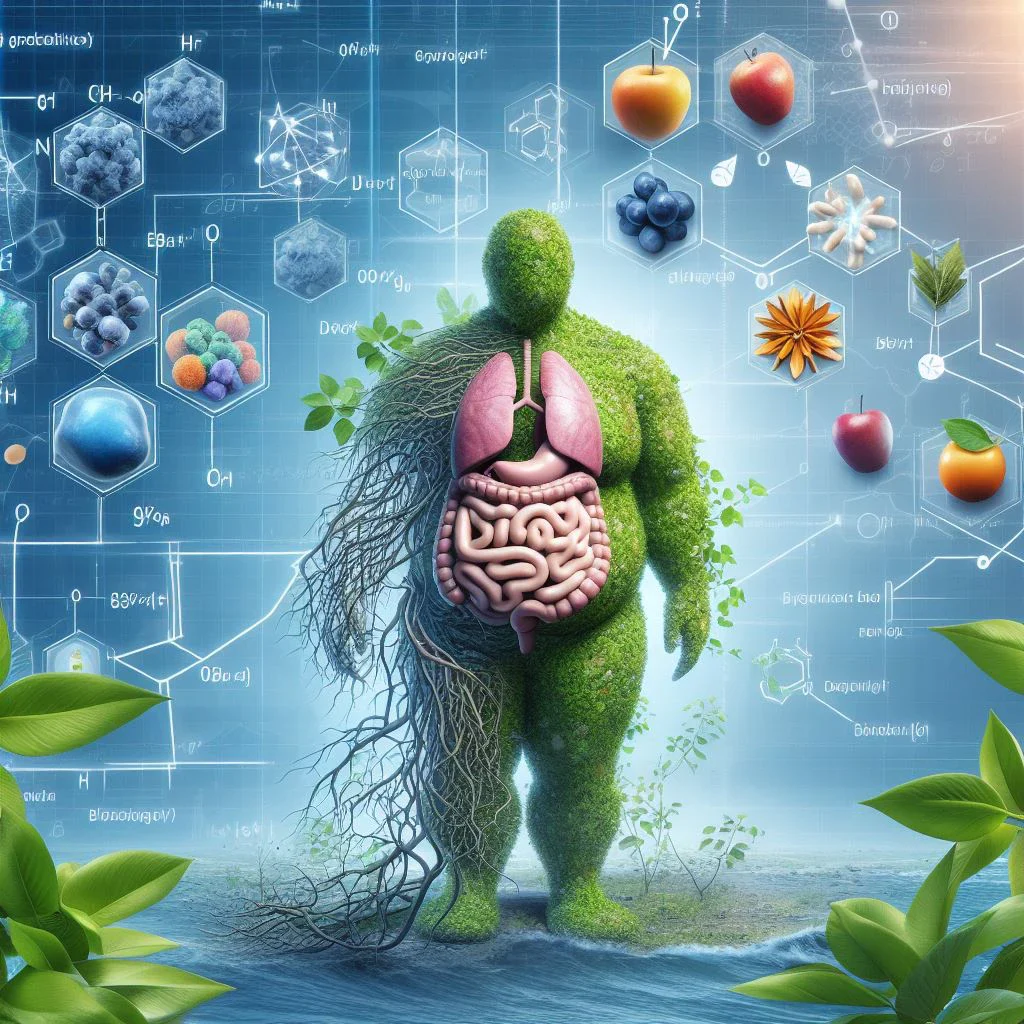In recent years, artificial intelligence (AI) has become an omnipresent force, revolutionizing industries and reshaping the way we live and work. From streamlining business operations to enhancing customer experiences, the impact of AI is undeniable. Even in the world of finance, where JP Morgan is investing billions in AI and cloud-based infrastructure, AI’s reach is expanding rapidly.
But what about mission-driven organizations? Can AI also play a pivotal role in addressing pressing social issues? This article delves into the transformative potential of AI for social good while examining the delicate balance between benefits and risks.
AI for social good: A glimpse of the positive impact
Across the globe, numerous instances illustrate how AI is being harnessed to drive positive social change. For instance, Amnesty International’s collaboration with ElementAI demonstrates how AI can empower human moderators to combat online abuse against women effectively. Meanwhile, in India, a partnership between IIT Madras, Google Research, and ARMMAN has resulted in a predictive AI model preventing expectant mothers from dropping out of vital telehealth outreach programs.
Much like their business counterparts, mission-driven organizations are leveraging AI to enhance efficiency, decision-making, and overall impact. By automating repetitive tasks, analyzing vast datasets, and uncovering patterns that humans might overlook, AI enables these organizations to do more with limited resources.
A recent McKinsey Global Institute report highlights four key areas where AI can have a profound impact on social challenges:
1. Healthcare and Hunger
In healthcare, AI is pioneering early-stage disease diagnosis, optimizing food distribution channels, and predicting disease transmission. Wearable AI devices can detect early signs of diseases like diabetes, potentially benefiting millions worldwide.
2. Education
AI’s role in education extends to maximizing student achievement and improving teacher productivity. Technologies to detect student distress and adaptive learning platforms catering to individual student needs hold immense promise for over 1.5 billion students globally.
3. Security and Justice
AI contributes to public safety by tracking criminals and reducing on-the-job bias among law enforcement agencies. It harnesses data from IoT devices to assist firefighters in navigating hazardous situations.
4. Equality and Inclusion
AI is pivotal in addressing issues related to bias based on race, sexual orientation, religion, citizenship, and disabilities. By automating emotion recognition and providing social cues, AI helps individuals on the autism spectrum navigate social environments more comfortably.
The dark side of AI – balancing benefits and risks
While the potential benefits of AI for social good are substantial, the risks are equally real. Human control over AI raises concerns about the potential manipulation of AI for profit or political gain. AI pioneer Charles Simon warns that the gravest threat lies not in armed conflicts but in AI’s ability to sway opinions and manipulate markets, potentially prioritizing short-term wealth and power over the common good.
Furthermore, AI models can inadvertently perpetuate biases, exacerbating existing inequalities. The opacity of AI-generated decisions presents challenges, especially concerning sensitive subjects.
Ethical AI – guiding principles for a responsible future
To address these concerns and ensure that AI is used ethically for societal benefit, the Organization for Economic Cooperation and Development (OECD) has developed guidelines for trustworthy AI. These principles emphasize AI’s role in inclusive growth, respect for human rights and the rule of law, transparency, robustness, safety, security, and accountability.
Ultimately, the responsibility for developing ethical AI and harnessing its potential for social impact rests with all of us. Recent developments underscore the tremendous opportunity for mission-driven organizations, non-profits, foundations, and impact investors to collaborate with AI experts. Together, they can ensure that AI remains a driving force in addressing societal challenges while prioritizing ethical considerations. As AI continues to evolve, the focus on using this emerging technology for the greater good is paramount.





